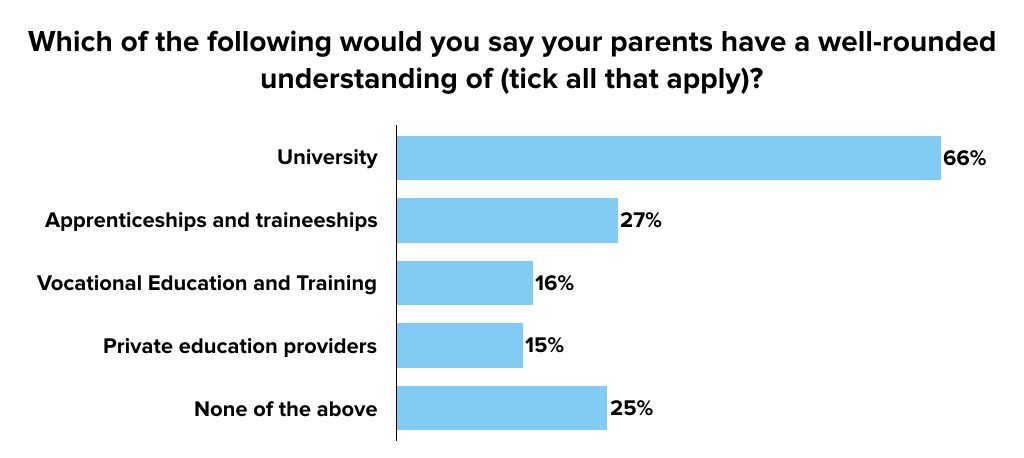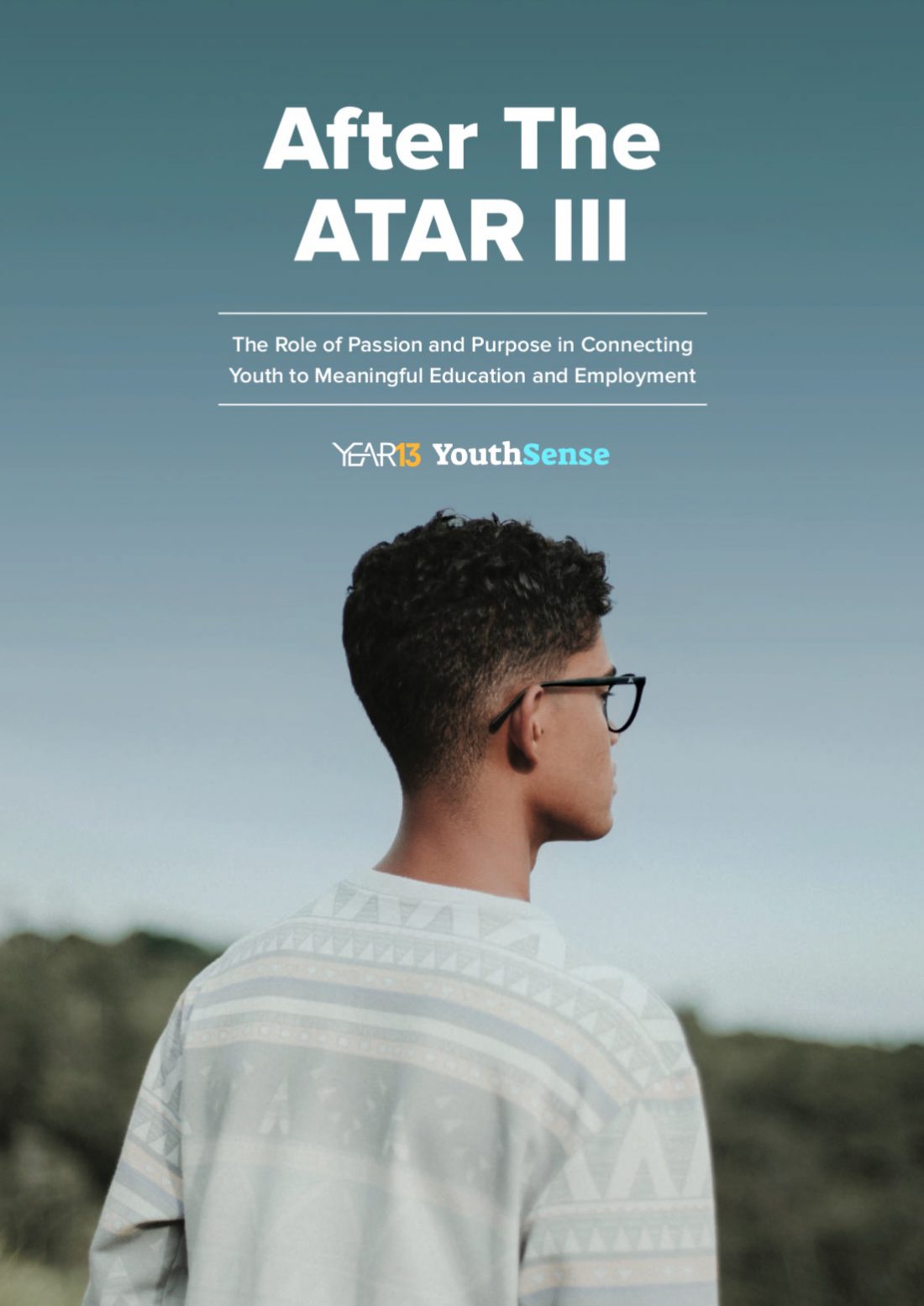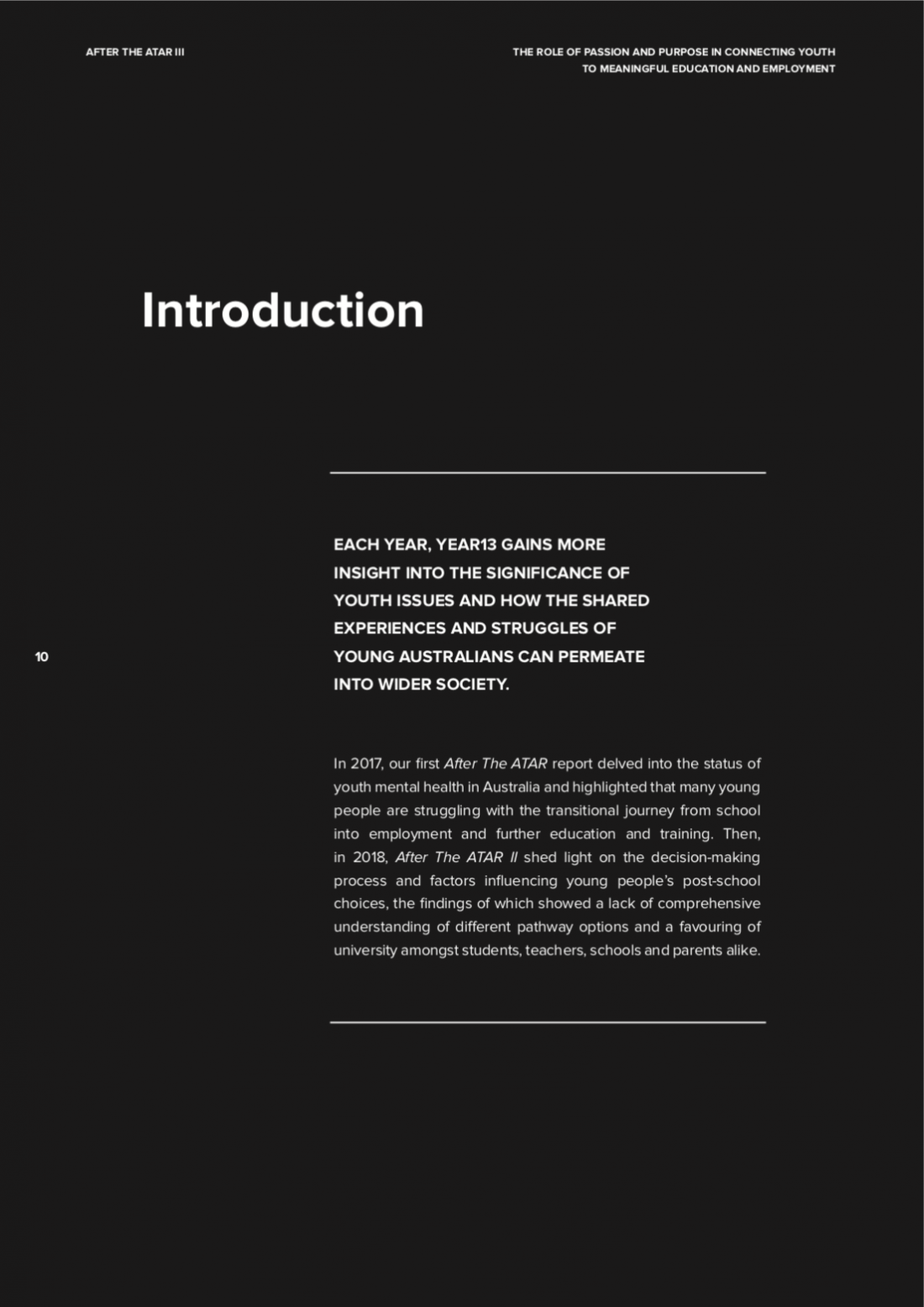
Every parent wants what’s best for their child but sometimes we get tunnel vision.
With Year 12 students currently preparing for their final stretch of exams, it’s easy to get swept away in discussions about your child’s post-school plans. There’s a level of urgency that comes with the end of school so close in their sights. But like a racehorse that’s only focused on the prize ahead, our discourse around these options tends to be limited to, “so what are you studying at uni next year?”
It may not be intentional, but university has become somewhat of the default choice for students, parents and schools alike. In reality, there are a variety of different pathways to success for young people.
With a national skills shortage and the changing pace of the job landscape, TAFE NSW is considered to be a great option for your young people looking to prepare themselves for the future of work. Our research, which surveyed thousands of Gen Z’s aged 15-24, highlights these benefits.
Better understanding leads to better decision-making
In one survey, 66% of respondents said their parents had a well-rounded understanding of university. Comparatively, just 16% said the same for vocational education and training (VET), one of the many educational offerings at TAFE NSW.

In the classroom, 46% of young people claimed they faced ‘too much’ pressure from their school to enter university and only 10% said they faced no pressure at all.
This biased view of post-school education pathways filters down to the students themselves and affects their decision-making, with the majority choosing or preferring to go to university despite what individual goals or strengths they may have.
“I think that teachers, as leaders, need to make clear the opportunities that TAFE can provide,” said one respondent, an 18-year-old female from NSW.
“[They] need to discuss with students the importance and benefits of [TAFE and university] at an equal level, so that students can make a decision for themselves, without pressure or persuasion from their family/teachers/peers.”
Alignment of skills & passions
TAFE NSW offers a wide range of courses that suit all kinds of skills and passions. Everything from IT Security and Web Development to courses in Business, Finance, 3D Art and Animation, Film and Television, Floristry, Photography, Aged Care, Early Childhood Education, Agriculture and more.
One respondent, a 17-year-old female from NSW, spoke highly of this variety.
“I think TAFE is a good option because it can often be more hands on and cheaper than a university degree that you’re just pressured into by society. It gives so many opportunities to students finding their way and following [their] passions,” she said.

TAFE NSW is also lauded for its real-world approach to learning. Class sizes are smaller than in university, are taught by teachers with current industry experience and students have access to cutting-edge facilities and industry contacts.
Another respondent, a 17-year-old male from NSW, had this to say about his experience at TAFE NSW:
“Honestly, I feel like TAFE is one of the best things Australia has to offer for people. It gives people the option to pursue their passions without the need to conform to the school system, much like many other countries.”
Positive employment outcomes
According to NCVER research, in 2018, 83.9% of TAFE NSW graduates were employed or in enrolled in further study after completing their training. Meanwhile, just 72.9% of university undergraduates were in full-time employment after completing their degrees.
TAFE NSW emphasises skills that are transferrable across a wide range of jobs and occupations, such as effective communication, teamwork and problem-solving which are necessary to succeed in any field. They’re also becoming even more important as automation changes and disrupts our job economy.
One of our survey respondents, an 18-year-old male from NSW, agrees.
“I think the best advantage TAFE has over a university is the fact that their courses are made to get a student into a specific job, while some uni degrees can be really expensive, but not really practical,” he said.
 An important influence
An important influence
While your child’s post-school pathway is ultimately their choice to make, parental influence is both inevitable and important to acknowledge. In fact, our research shows that the highest portion of youth (48%) get their most trustworthy advice from their parents/caregivers.
It’s clear that the discussions you have with your children about their future play a significant role in their decision making, and as such it pays to be well informed.
By understanding the benefits of TAFE NSW and communicating this to your children, they get to develop an informed view of their options for further study that prepares for a strong future.
Click here for more info about TAFE NSW.
Grab your free copy of our After The ATAR III report for more data and unique insights about Gen Z.






